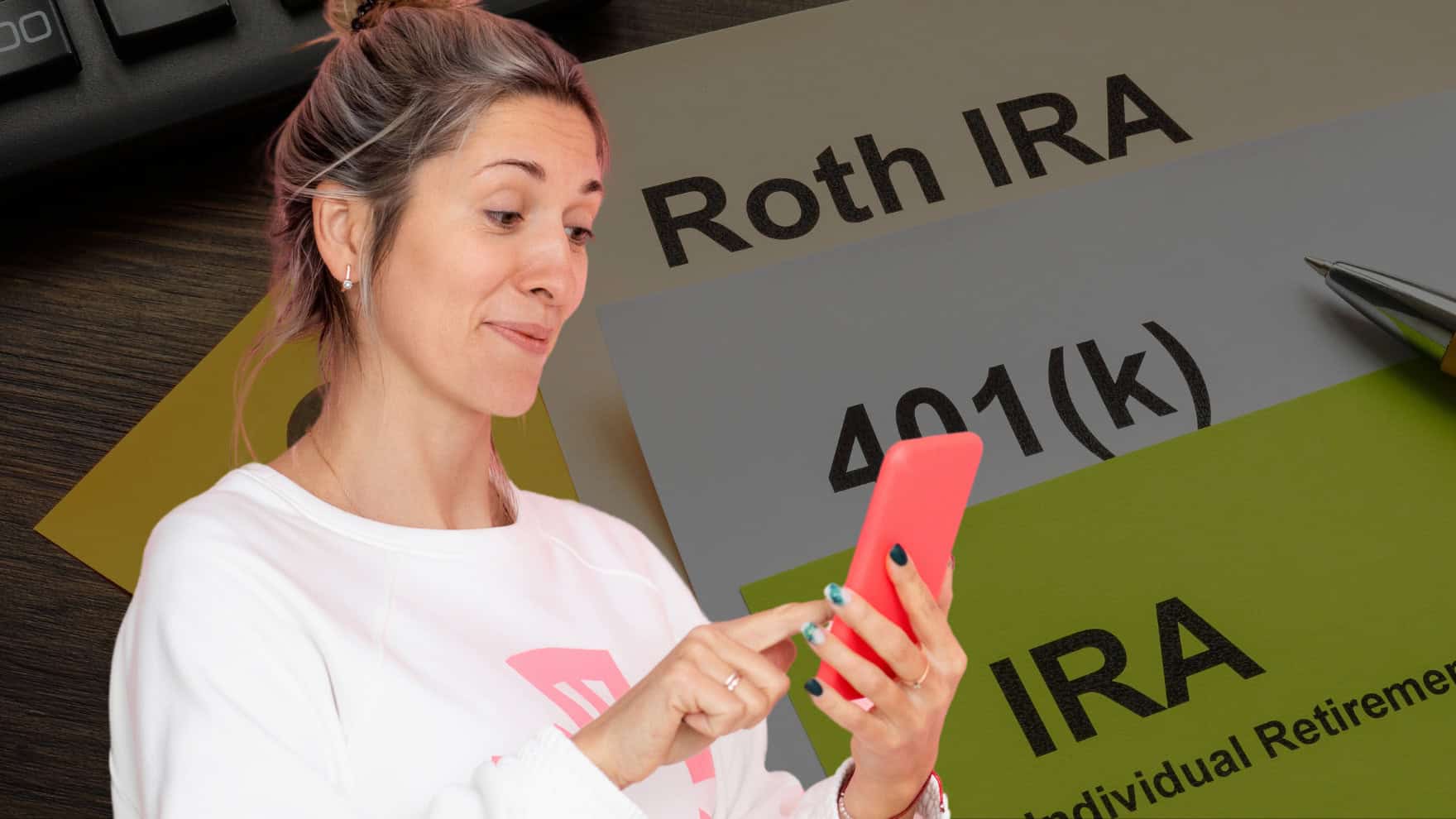Personal Finance
We're in our late 30s and already have $1 million in our 401(k) - where should we stash our extra savings?

Published:

Here at 24/7 Wall St, we love 401(k) plans and implore our readers to take advantage of the various advantages they carry.
However, is it smart to always just blindly pour any excess savings into these tax-deferred vehicles? Not particularly…
In a recent discussion posted to the r/ChubbyFIRE Reddit, a married man in his late 30s, with three young children and a net worth of around $1.1 million (excluding home equity), was questioning whether he and his wife have become too heavily invested in tax-deferred retirement accounts. With nearly $1 million in tax-deferred retirement vehicles, such as 401(k)s, 403(b)s, and IRAs, he’s wondering if it’s still wise to keep funneling large contributions into these accounts, or if they should broaden their approach.
In the video below, I’ll discuss this couple’s situation and give my take on what I would do if I found myself in a similar situation. This is just my personal opinion and is not intended to be personalized financial advice to this Redditor, but I often find it helpful to take stock of others’ situations and then apply to learnings to our situation.
As you’ll learn in the video, the couple’s financial picture is impressive: a household income of $475,000, well-above-average retirement savings, and $500,000 in equity from an expensive home they purchased a few years ago. They also have $120,000 in a high-yield savings account, $22,000 in 529 college plans for their three children, and a modest $12,000 in a taxable brokerage account. Now, with the Redditor’s wife going back to work and starting to earn income again, a key question arises: at their stage in life, does it make sense to continue prioritizing tax-deferred retirement contributions, or would a more flexible strategy serve them better?
One consideration is accessibility. While retirement accounts like a 401(k) or 403(b) can offer significant long-term growth and tax advantages, savings held there are locked away until the holder reaches 59.5 years old, with penalties and taxes applied to early withdrawals. If this couple envisions the possibility of early retirement or simply wants the flexibility to use their funds before the traditional retirement age, ramping up contributions to a taxable brokerage account might make sense. Such an account could provide more freedom if they decide to step away from full-time work early or pivot careers.
Additionally, their 529 contributions, while not trivial and should be celebrated, might be relatively small compared to the rising costs of higher education – particularly if they have any hopes of funding any private schools for their young kids. If I were me, I would likely try to increased these contributions for the next few years, at least, and allow for more substantial tax-free growth over the next 15+ years.
Ultimately, there’s no one-size-fits-all solution. As you’ll hear me say in the video, diversifying savings across multiple account types (balancing retirement plans, taxable brokerage accounts, and education funds) could provide both the tax benefits of traditional retirement accounts and the flexibility they might need as their financial goals evolve.
Retirement can be daunting, but it doesn’t need to be.
Imagine having an expert in your corner to help you with your financial goals. Someone to help you determine if you’re ahead, behind, or right on track. With SmartAsset, that’s not just a dream—it’s reality. This free tool connects you with pre-screened financial advisors who work in your best interests. It’s quick, it’s easy, so take the leap today and start planning smarter!
Don’t waste another minute; get started right here and help your retirement dreams become a retirement reality.
Thank you for reading! Have some feedback for us?
Contact the 24/7 Wall St. editorial team.